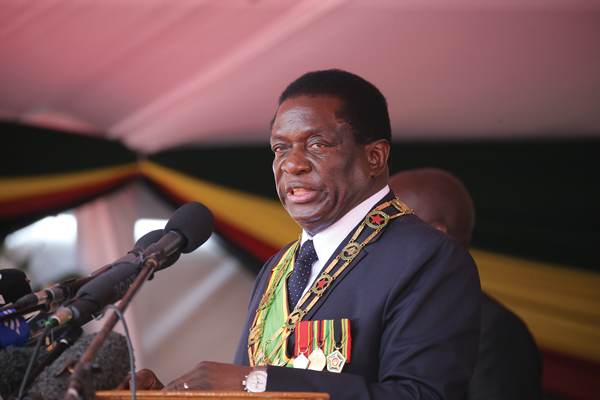
editorial comment
The crackdown against activists behind the July 31 protests has exposed a government that is afraid of its own people and makes a mockery of claims that Zimbabwe turned a new chapter during the coup three years ago.
A number of activists went into hiding after police published a list of human rights defenders and opposition politicians whom they said they wanted to question in connection with the protests.
The police also ransacked the home of prominent journalist Mduduzi Mathuthu on the eve of the protests.
When they failed to locate Mathuthu, they arrested his sister and cousins.
They refused to release them until the journalist, who was instrumental in exposing alleged corruption in the government’s procurement of medical supplies to fight Covid-19, presented himself at the Bulawayo Central police station.
Police want to charge him with planning to organise the protests, but every right-thinking Zimbabwean knows he is being framed for his work as a journalist.
As of yesterday, one of Mathuthu’s cousins, Tawanda Muchechiwa, who was allegedly abducted by suspected state security agents on July 30, remained missing.
- Chamisa under fire over US$120K donation
- Mavhunga puts DeMbare into Chibuku quarterfinals
- Pension funds bet on Cabora Bassa oilfields
- Councils defy govt fire tender directive
Keep Reading
On the day of the protests, police in Harare arrested award-winning novelist Tsitsi Dangarembga, MDC Alliance spokesperson Fadzayi Mahere and several other opposition activists for exercising their constitutional rights to stage peaceful protests.
Cecilia Chimbiri, a victim of sexual abuse and torture by suspected state security agents early this year, was also arrested on Friday after she was allegedly molested by a soldier at a roadblock.
The assault on the rights of Zimbabweans by security forces is a continuation of the repression that the world witnessed under the blood-stained rule of Robert Mugabe.
On Friday, Zimbabweans wanted to send out a message to President Emmerson Mnangagwa’s government that they are tired of corruption, human rights violations and the general misgovernance, but the state responded by sending soldiers and police to abuse citizens.
Predictably, government mandarins are celebrating that people did not go out on the streets, but the inescapable truth is that it exposed Mnangagwa’s administration as intolerant and equally repressive as Mugabe’s notorious system.
It was another nail in the coffin for the government’s efforts to re-engage the international community.
Very few civilised governments would want to associate with rulers, who use the military all the time to crush protests that are protected by the country’s constitution.
As a long-term strategy, repression is not effective in keeping masses that are choking from corruption, hunger and disease oppressed forever. Mugabe learnt that the hard way.











